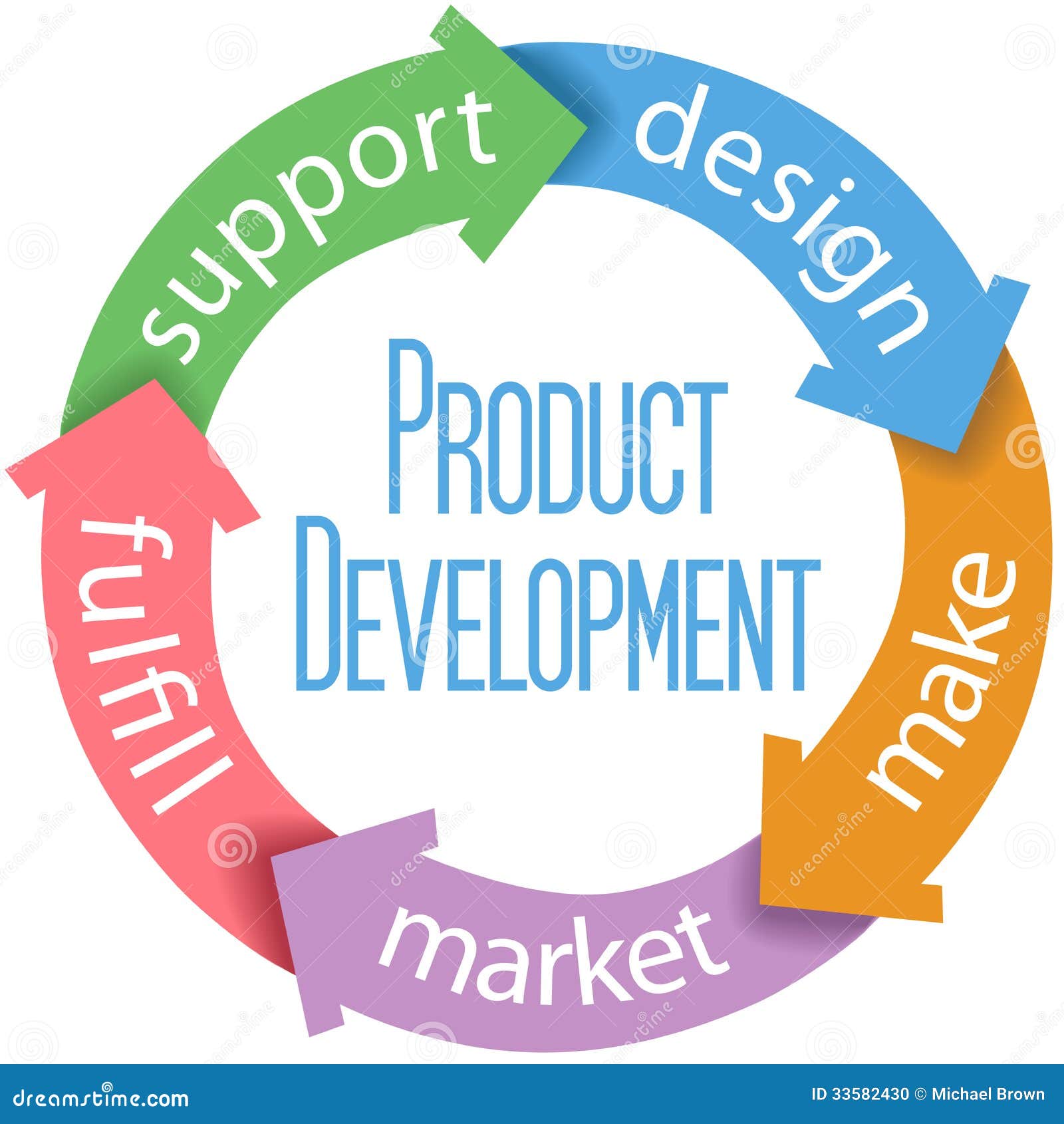Product Development
What is Product Development?
Definition:
Product Development refers to the process of conceptualizing, designing, creating, and bringing a new product to the market. It involves a systematic approach that encompasses ideation, market research, design, prototyping, testing, and final production. The goal of product development is to introduce innovative and competitive products that meet customer needs and address market demands.
Analogy:
Think of product development as the journey of crafting a new car model. From the initial idea and design to testing prototypes and eventually launching the final product, every step in the process is carefully planned and executed to ensure a successful and appealing end result.
Further Description:
Product development involves several key stages:
Idea Generation: The process begins with brainstorming and ideation to come up with innovative product concepts. This phase may involve market research to identify gaps or opportunities.
Market Research: Understanding market trends, customer needs, and competitor products is crucial. This research informs the development process and helps create a product that meets consumer expectations.
Design and Prototyping: Once the concept is solidified, the product undergoes design and prototyping phases. This includes creating detailed product specifications, engineering designs, and building prototypes for testing.
Testing and Iteration: Prototypes are rigorously tested for functionality, usability, and quality. Feedback from testing informs necessary adjustments or improvements, leading to iterative cycles until the product meets desired standards.
Production Planning: After successful testing, the product moves into full-scale production planning. This involves selecting suppliers, manufacturing processes, and establishing quality control measures.
Launch and Marketing: The final product is launched into the market with a comprehensive marketing strategy. This includes promotion, distribution channels, pricing, and communication of key product features.
Post-launch Evaluation: Continuous evaluation post-launch involves monitoring customer feedback, analyzing sales data, and identifying opportunities for updates or enhancements.
Why is Product Development Important?
Innovation: Product development drives innovation, allowing businesses to stay competitive by introducing new and improved offerings.
Market Relevance: Regularly developing new products ensures a company remains relevant in the market, addressing changing consumer preferences and technological advancements.
Revenue Growth: Successful product launches can lead to increased sales and revenue, contributing to the overall growth and sustainability of a business.
Customer Satisfaction: Products developed with a focus on meeting customer needs and expectations contribute to higher levels of customer satisfaction and loyalty.
Adaptability: Product development processes allow businesses to adapt to changing market conditions and emerging trends.
Examples and Usage:
Apple iPhone: Apple is known for its systematic approach to product development, exemplified by the launch of the iPhone. Each new iteration incorporates technological advancements, design improvements, and enhanced features.
Tesla Electric Cars: Tesla’s product development strategy is characterized by continuous innovation in electric vehicle technology. Their iterative approach involves regular software updates, introducing new features to existing models.
Procter & Gamble (P&G) Products: P&G constantly engages in product development across various consumer goods categories, launching new and improved versions of products like detergents, shampoos, and skincare items.
Key Takeaways:
- Understanding the market and consumer needs is foundational to successful product development.
- Testing and iterating on prototypes ensure that the final product meets quality and functionality standards.
- Embracing innovation in product development helps businesses stay ahead in a competitive market.
- Developing products with a focus on customer satisfaction and usability contributes to long-term success.
- Post-launch evaluation allows for ongoing improvements and adaptation to market changes.
Table of Contents





